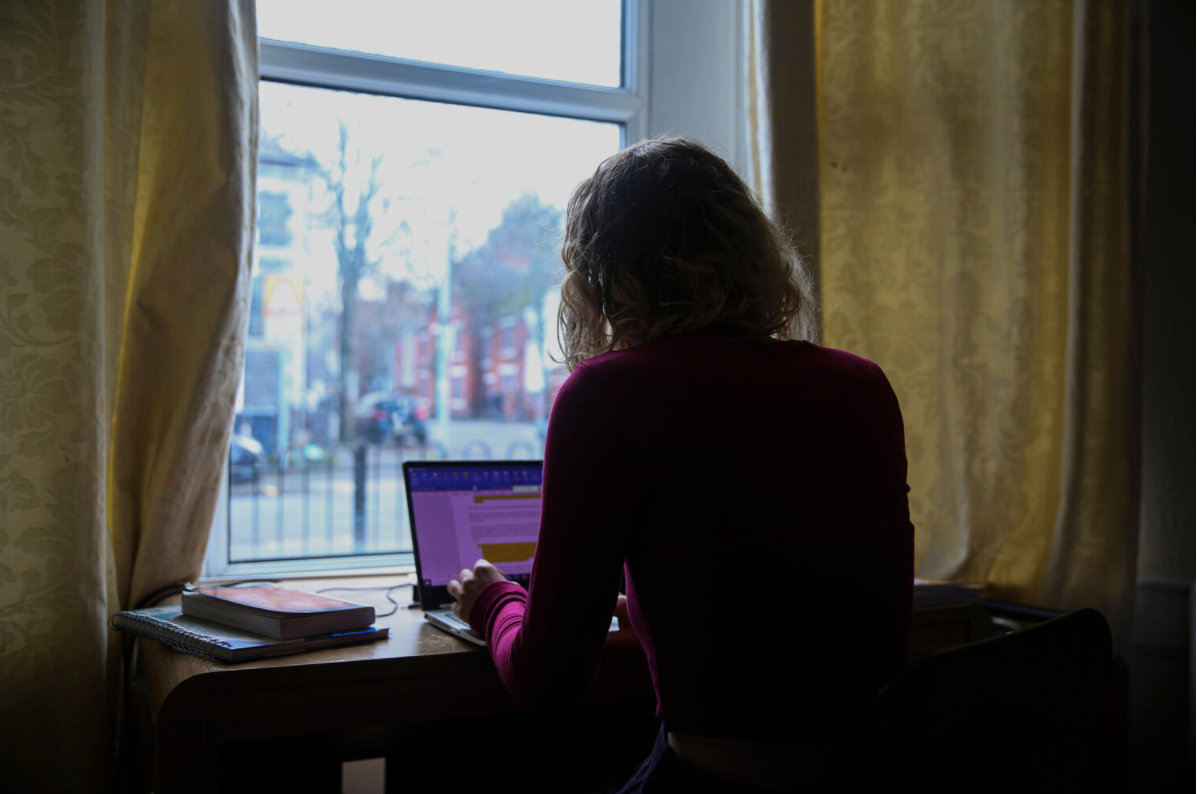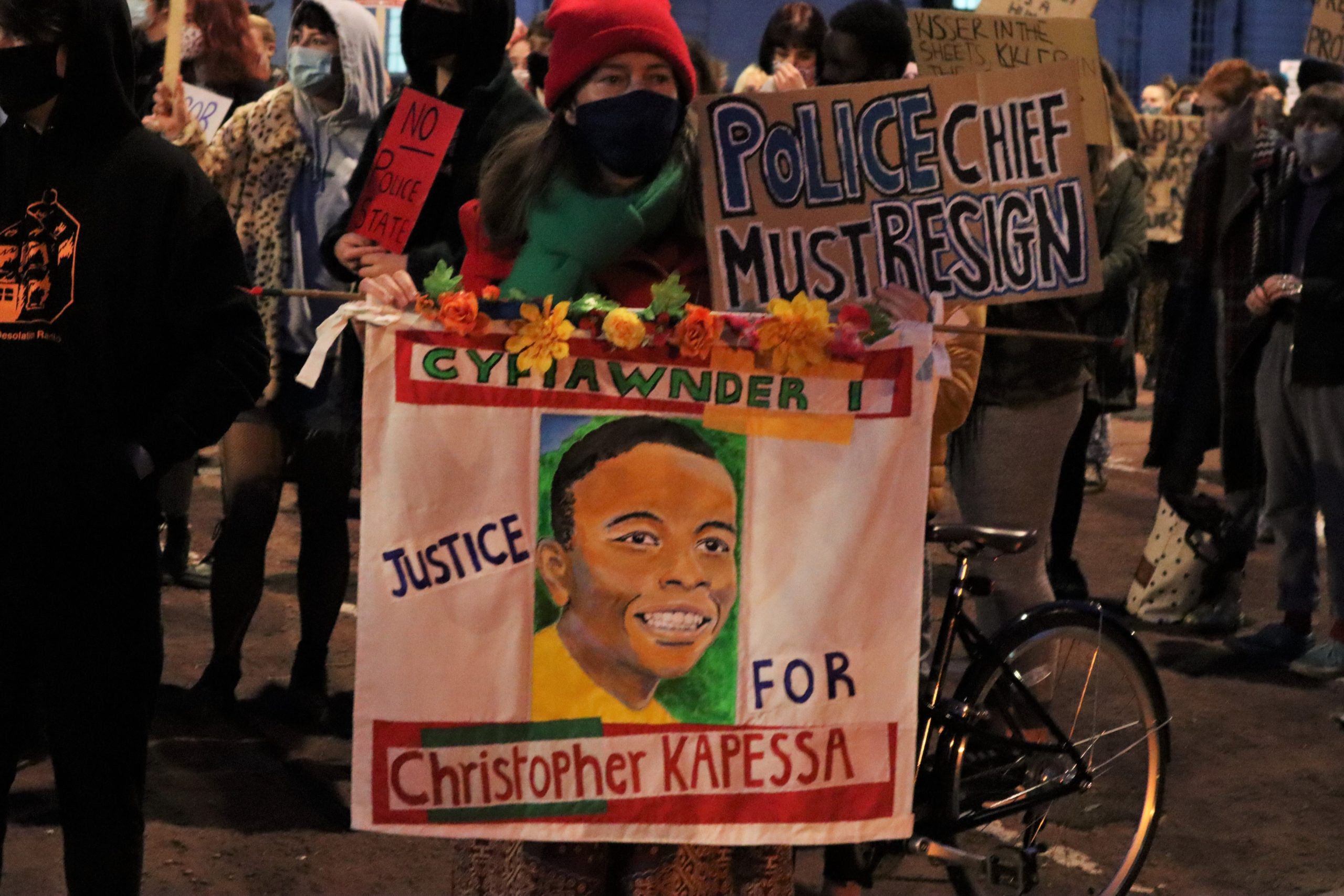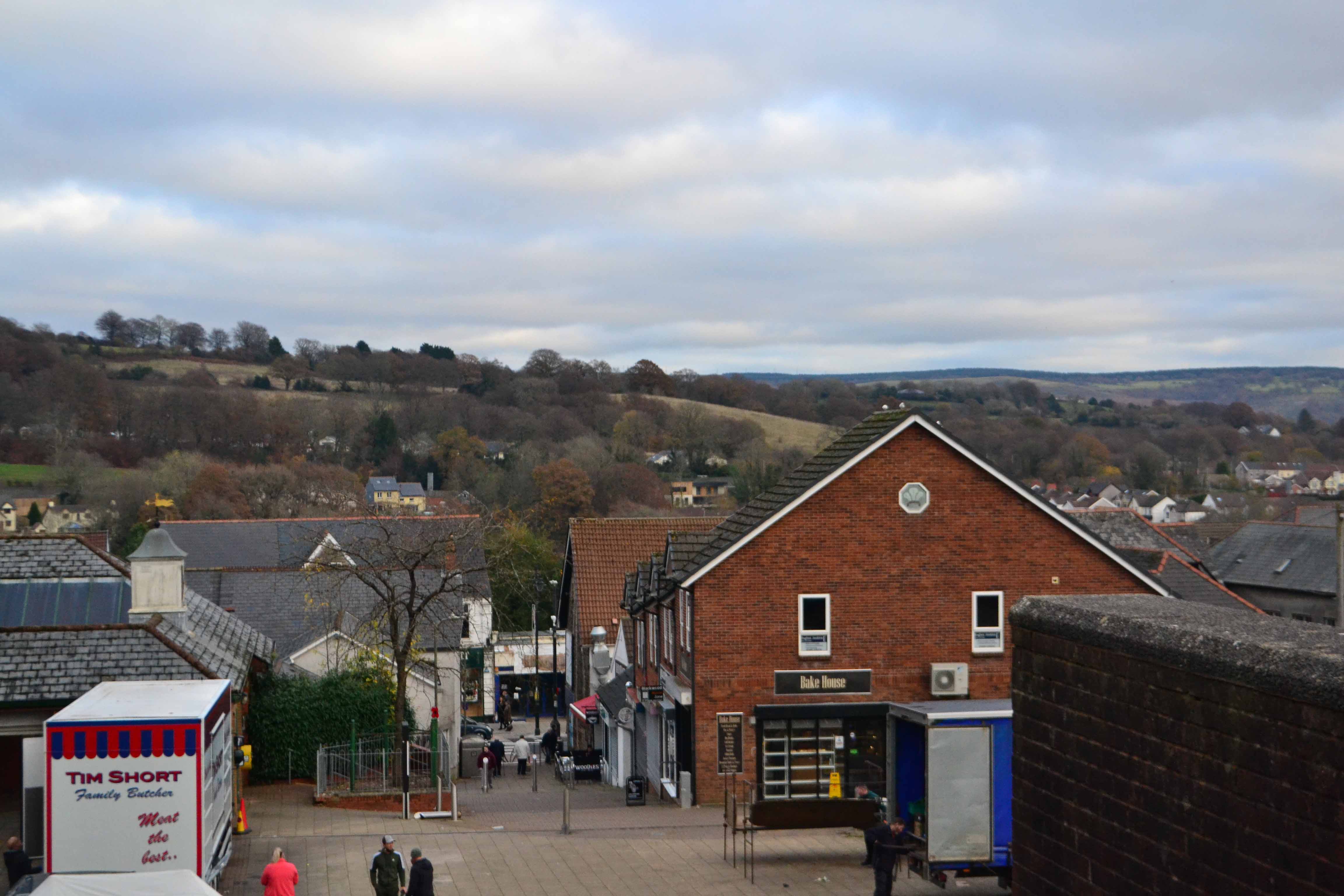
Universal Credit Cut: Poorest Young People Set To Lose Internet Access Overnight
Major anti-poverty group says that the poorest young people in Wales will be thrown offline and socially excluded as WiFi bills go unpaid after the Universal Credit cut.
“We know it’s going to drive up destitution. We will see it coming through the door of the food bank.”
Protest planned against the cut on Thursday 30th September in Cardiff
Image by Tom Davies
Young people face having their internet cut off due to the upcoming cut in Universal Credit, a leading anti-poverty group has said.
The Anti Poverty Coalition, which is made up of groups including the Bevan Foundation, The Child Poverty Action group, Oxfam and many others, are warning that a whole swathe of Wales’ poorest children and teenagers will be excluded from education and social life by having no access to the internet.
From next month, almost a half of all households in Wales with children will see their budget cut by £1040 per year as part of the UK-wide cutback.
The Tory UK Government’s decision to end the £20 per week uplift in Universal Credit, which also affects those receiving working tax credits, will hit 275,000 of the poorest households in Wales.
Last week, Plaid Cymru MS for South East Wales, Delyth Jewell, said that in the areas of Merthyr Tydfil, Torfaen and Newport East, over a quarter of all families will have the money taken off them.
Ellie Harwodd, co-chair of the Anti Poverty Coalition, told voice.wales that when the uplift came in at the start of the pandemic, rates were already too low to live off. But she said that the extra £20 per week had meant that some families could afford a WiFi subscription for the first time.
“A big worry is about digital exclusion,” she said, “Which isn’t something that often gets brought into the discussion about the impact of the cut. But research with social housing tenants found a lot of them had used the uplift to to get connected internet for the first time.”
Ms Harwood said that with the sudden cut in income, many families will be unable to pay for the WiFi subscription, leading to increase in debt and eventually being cut off by the provider.
“Now they’ve got that bill, they’ve got that [financial] commitment, because you have to sign up for these long term contracts, quite often that you’re tied into, and the money that they were using for that is not going to come in anymore.”
“So people you know, will be at risk of falling into debt, into arrears, but also just being disconnected.”
She said the impact would be felt by all ages, but especially by children and young people, who as well as being socially excluded by having no internet, would be unable to participate in education, leading to further isolation.
“Because or Covid, or, you know, just because homework is set online and everyone needs to get on to Hwb [Wales’ digital education platform].”
She said that laptops which were provided to students by Welsh Government when schools closed due to Covid were finally arriving to those that really needed them, but they now could be made redundant because so many families were “at risk of losing connectivity.”
The loss of the internet is just one impact of the cut the coalition is highlighting. Other effects will be a sudden drop in the amount of fresh food people will eat, being unable to heat their homes or pay for electricity.
“Within the Anti Poverty Coalition, we’ve got quite a broad range of members,” says Ellie Harwood. “We’ve got housing associations, food, charity organisations, children’s organisations, and it’s just going to be felt through every sector, every area that we will work in.”
“We’re all bracing for this incoming cut, because we know it’s going to drive up destitution.
“We will see it coming through the door of the food bank, and we will see it in, you know, schools where families aren’t able to provide their children with the basic resources.”
“We know that housing associations are worried because it’s going to be really hard for their tenants to maintain tenancies if they don’t have enough money to, you know, pay the rent, heat their home…”
She added that the cut would have a disproportionately high impact in Wales, because more households are living on very low incomes and need support from social security to make ends meet.
On Wednesday, Welsh Tory leader Andrew RT Davies was heckled over his party’s decision to make the cut as he walked into the Senedd on the day the issue was being debated.
Sue Leader, from Unite Community who had organised a protest, told Mr Davies that his party had ‘no conscience and no compassion.’
Davies’ response was to repeat a misleading slur against those who are affected by implying they were workshy and just needed to get a job.
“There’s a million jobs out there” he said, even though research by the Wales TUC has shown that over 100,000 of those affected in Wales are already in work.
Unite Community, which is a branch of the major union for people not in work, also picketed the office of Tory Welsh Secretary Simon Hart on Friday.
Welsh Government opposes the cut. Jane Hutt, Welsh Government’s Minister for Social Justice, has written a joint letter with other devolved governments to the UK Govt urging them to reverse the planned cut.
However Mark Drakeford has made few public comments on the issue, only responding to a question on Sky News in August.
Sue Leader of Unite Community called on Mr Drakeford to make a fresh public statement opposing the cut and ramp up pressure on chancellor Rishi Sunak.
A major protest is being planned in Cardiff at the end of the month. On Thursday 30th September, at 6pm in Bute Park Stone Circle, people will gather to try and stop the cut.
*This article was amended, a previous version said Saturday 30th September, not Thursday 30th.


